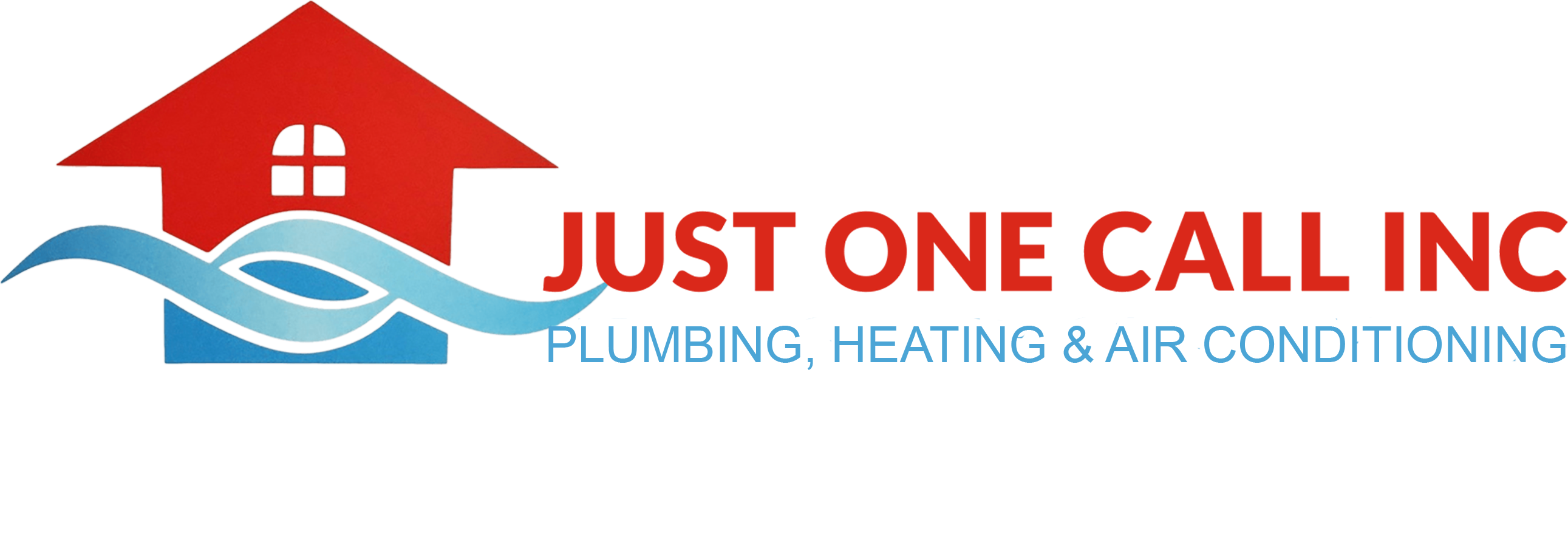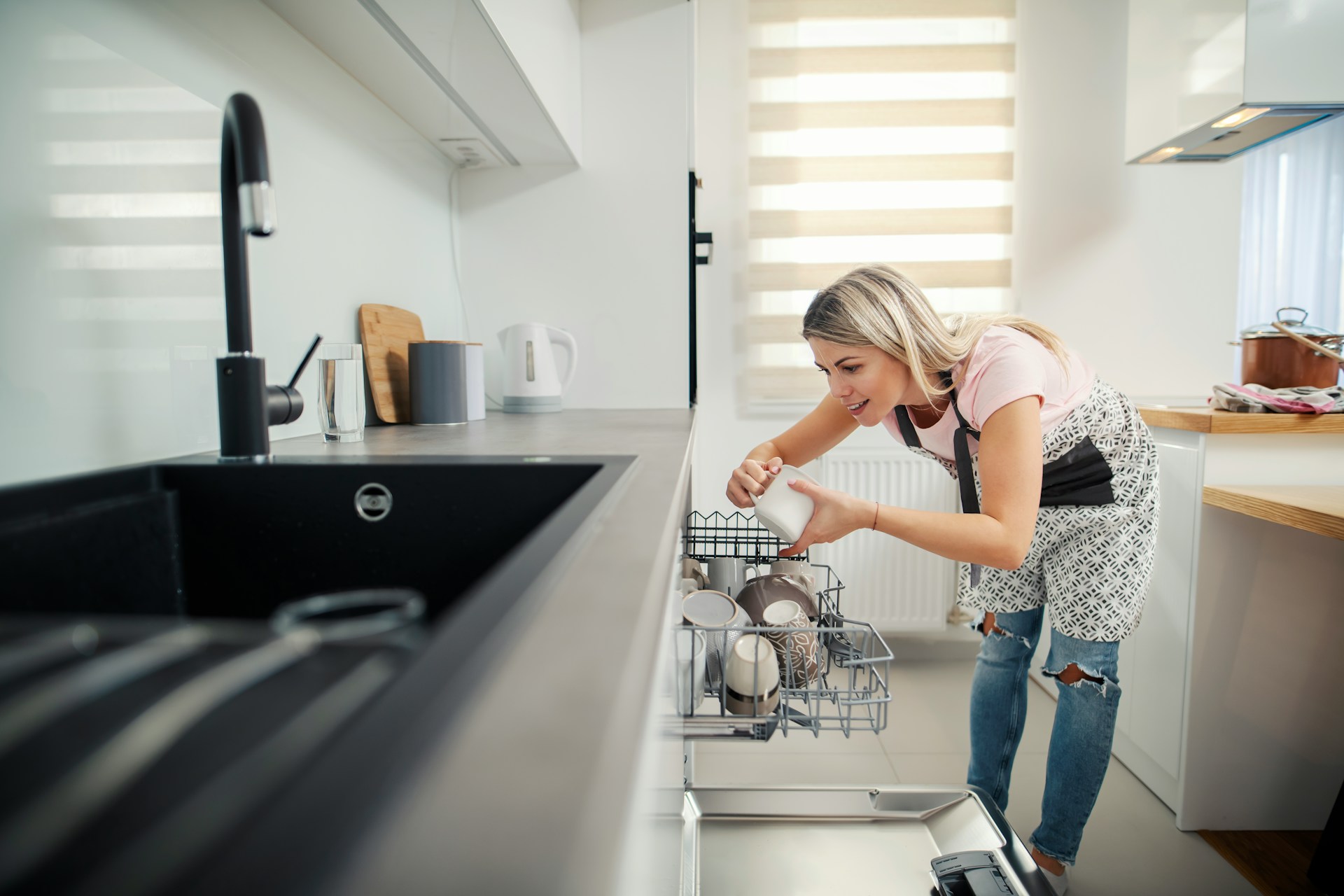Hard water can be a hidden threat to your home appliances, causing them to wear out faster and perform less efficiently. Many households deal with this issue without even realizing it. Hard water contains high levels of minerals like calcium and magnesium, which can build up in appliances over time. This buildup leads to various problems, including reduced efficiency and frequent breakdowns.
Understanding Hard Water and Its Effects on Appliances
Hard water contains high levels of minerals like calcium and magnesium. These minerals can build up over time, forming a hard, chalky deposit called limescale. Limescale is particularly harmful to household appliances, as it can accumulate on heating elements and inside water lines, causing several issues.
One major effect of hard water is decreased efficiency. Appliances like washing machines and dishwashers require more energy to heat water and function properly when limescale builds up. The mineral deposits act as insulators, making heating elements work harder and use more energy. This not only increases utility bills but also reduces the appliance’s overall effectiveness.
Hard water can also lead to frequent repairs. The buildup can clog pipes and damage internal components, causing appliances to break down more often. For example, tankless water heaters are especially prone to damage from hard water, leading to costly repairs. Over time, the continuous exposure to hard water can shorten the lifespan of your appliances, making them more likely to fail earlier than they should.
How Water Softeners Work to Protect Your Home
Water softeners are designed to combat the negative effects of hard water by removing the minerals that cause limescale buildup. They do this through a process called ion exchange. In this process, hard water passes through a tank filled with resin beads that are coated with sodium or potassium ions. When the hard water flows over the beads, the calcium and magnesium ions are exchanged for the softer sodium or potassium ions.
The softened water that exits the tank is free of the hard minerals that cause limescale deposits. This helps to protect your appliances by preventing the buildup from occurring in the first place. Since there are no hard minerals to form limescale, heating elements and internal components of your appliances remain cleaner and operate more efficiently.
Additionally, water softeners can improve the effectiveness of soaps and detergents. Hard water tends to reduce the lathering ability of soaps, making it necessary to use more product for the same cleaning result. With softened water, soaps and detergents work better, which means you can use less and still achieve cleaner dishes, clothes, and surfaces. This not only helps in maintaining your appliances but also enhances overall cleaning efficiency in your home.
The Benefits of Using Water Softeners for Different Appliances
Using a water softener offers many benefits for different household appliances. Here are some key advantages:
1. Dishwashers: Dishwashers rely on both water and detergent to clean dishes effectively. Hard water can lead to spots and residue on your dishes due to mineral buildup. A water softener ensures that the water entering the dishwasher is free of these hard minerals, leading to cleaner dishes and a more efficient appliance.
2. Washing Machines: Hard water affects washing machines by causing mineral deposits in the drum and piping. This buildup can lead to clothes not being cleaned properly and make the machine work harder, affecting its lifespan. Softened water helps detergents lather better and prevents buildup, resulting in cleaner clothes and a more efficient washing machine.
3. Tankless Water Heaters: For tankless water heaters, limescale buildup can be a serious issue. Hard water causes scale to form on the heating elements, reducing efficiency and increasing the risk of breakdowns. A water softener prevents this buildup, ensuring your tankless water heater operates smoothly and efficiently, reducing the need for frequent repairs.
4. Coffee Makers and Kettles: Small kitchen appliances like coffee makers and kettles also benefit. Hard water causes mineral deposits that can affect the taste of your beverages and reduce appliance lifespan. Softened water helps keep these appliances clean, improving both performance and taste.
Maintenance Tips to Ensure Long-term Protection with Water Softeners
To maximize the effectiveness of your water softener and ensure it provides long-term protection for your appliances, follow these maintenance tips:
1. Check Salt Levels Regularly: The ion exchange process relies on salt to remove hard minerals from the water. It’s essential to check the salt levels in your water softener tank regularly and refill as necessary. A good rule of thumb is to keep the salt level at least half-full.
2. Inspect for Salt Bridges: Sometimes, salt can form a hard crust or “bridge” in the brine tank, preventing it from dissolving properly. Our professionals recommend regularly inspecting the tank for salt bridges and breaking them up if they appear.
3. Clean the Brine Tank: Over time, the brine tank can accumulate sludge and sediment. Cleaning the tank annually helps maintain the efficiency of the water softener. Our professionals can handle this task to ensure it’s done correctly.
4. Schedule Professional Maintenance: Hiring our technicians for regular check-ups can help identify and resolve minor issues before they become major problems. They can inspect components like the resin bed and ensure the system is functioning optimally.
5. Replace Resin Beads When Needed: The resin beads inside the water softener can wear out over time. Our professionals can test the resin and replace it if necessary to keep your water softener working efficiently.
Conclusion
Understanding the impact of hard water on your appliances and how water softeners can help is vital for any homeowner. Hard water can lead to inefficiency, frequent repairs, and shorter lifespans for your appliances. By using a water softener, you can protect these valuable investments, ensuring they perform at their best for years to come.
Want to ensure your appliances are protected from the damaging effects of hard water? Contact Just One Call, Inc. today to learn more about water softener in Glendale and how our experienced technicians can help you keep your home’s appliances in top shape!

